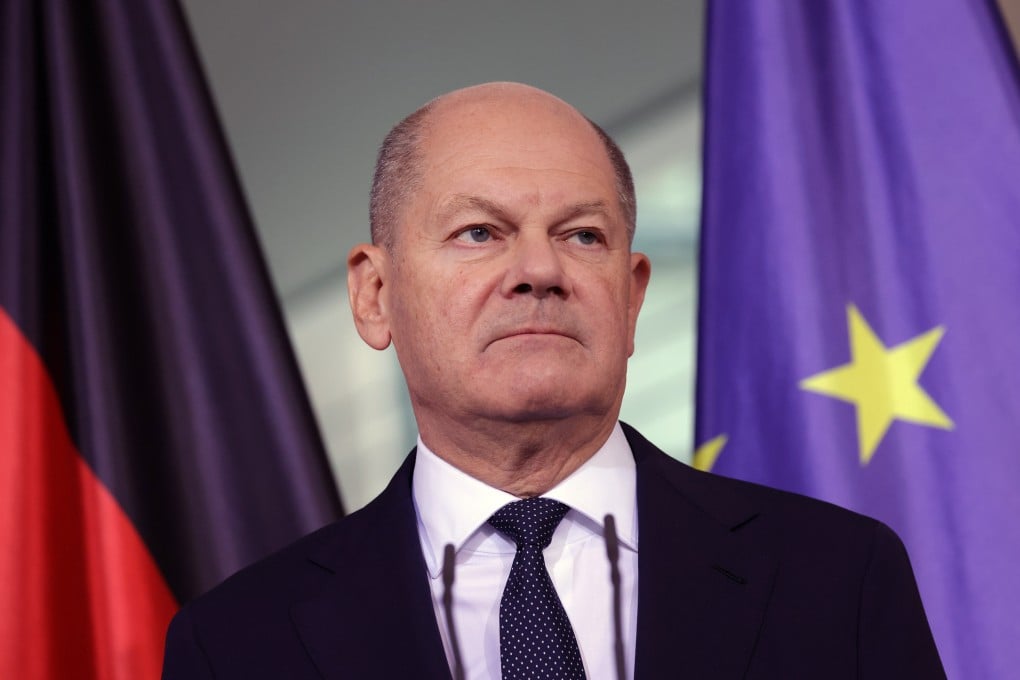Germany set for early elections on February 23 after Olaf Scholz’s coalition falls
The decision follows the Free Democrats’ exit from the coalition, leaving Chancellor Olaf Scholz without a majority

Germany is set to head to the polls on February 23 following the collapse of Chancellor Olaf Scholz’s centre-left coalition, sources said on Tuesday.
Parliamentary leaders from the country’s largest political parties – Scholz’s Social Democrats (SPD) and the conservative Christian Democratic Union (CDU) – have reached an agreement on a timetable to call the election, sources from both sides said.
Scholz is expected to table a vote of confidence in the Bundestag, the lower house of parliament, on December 16. If, as expected, he loses the vote, President Frank-Walter Steinmeier can call for elections to be held within 60 days.
The agreement follows a week of wrangling in Berlin after Scholz fired his finance minister Christian Lindner from the pro-business Free Democrats (FDP) on November 6, leading the party to withdraw from the unpopular three-way coalition with the SPD and Greens that came to power in 2021.
The FDP’s exit – a product of months of acrimonious negotiations over the government’s proposed 2025 budget – left the chancellor without a majority in the Bundestag and effectively unable to govern.
Scholz initially proposed holding a vote of confidence in January. However, he faced huge pressure from opposition parties to bring the timetable forward amid demands by business leaders for a quick election to provide leadership and direction for the country’s struggling economy.